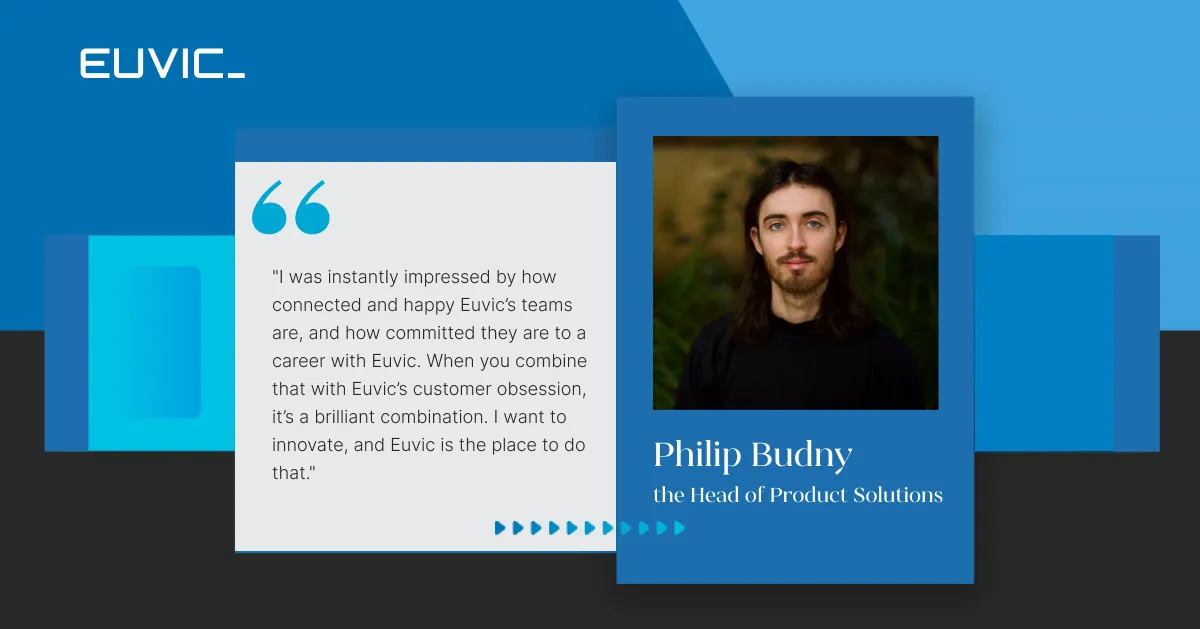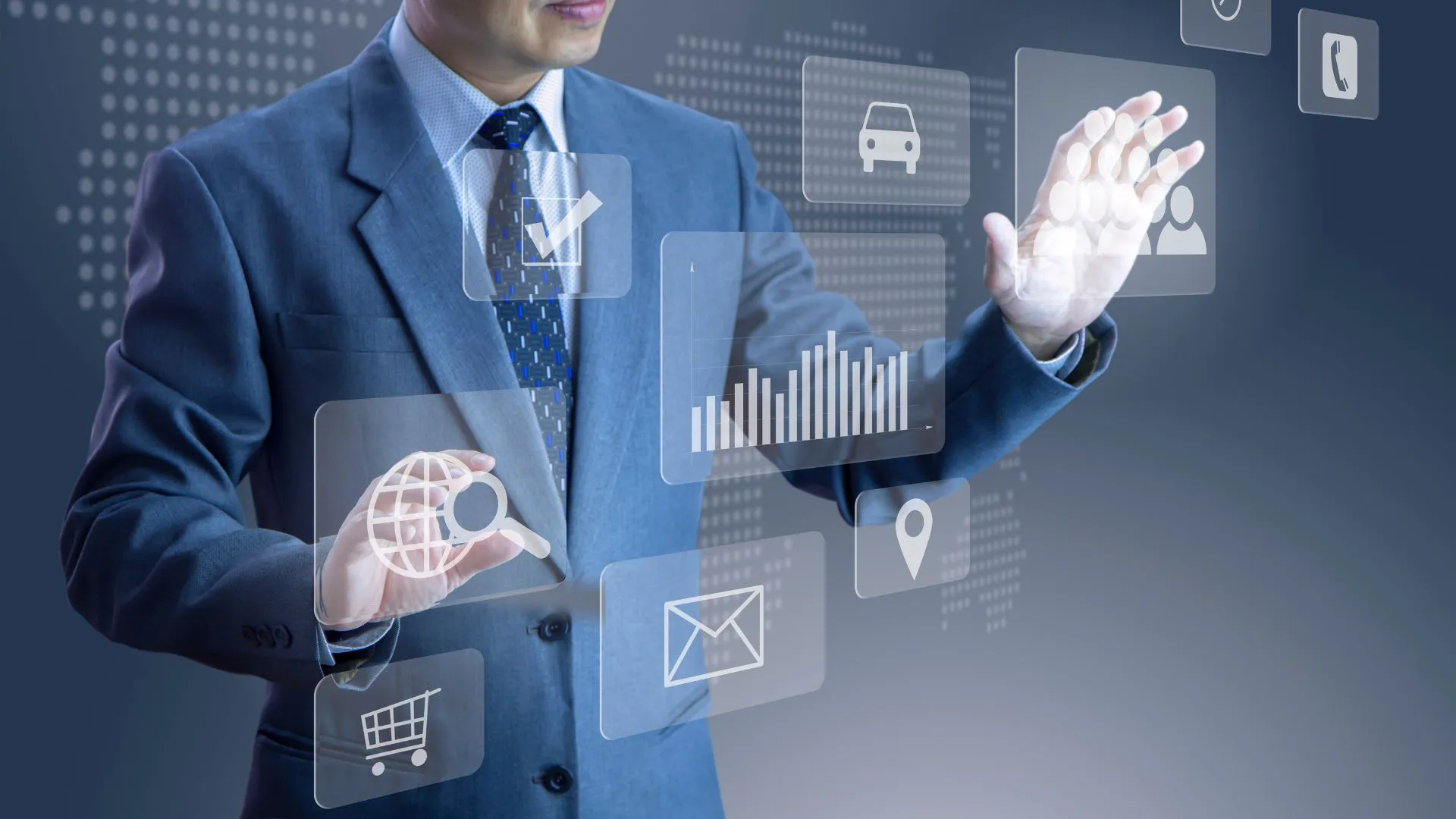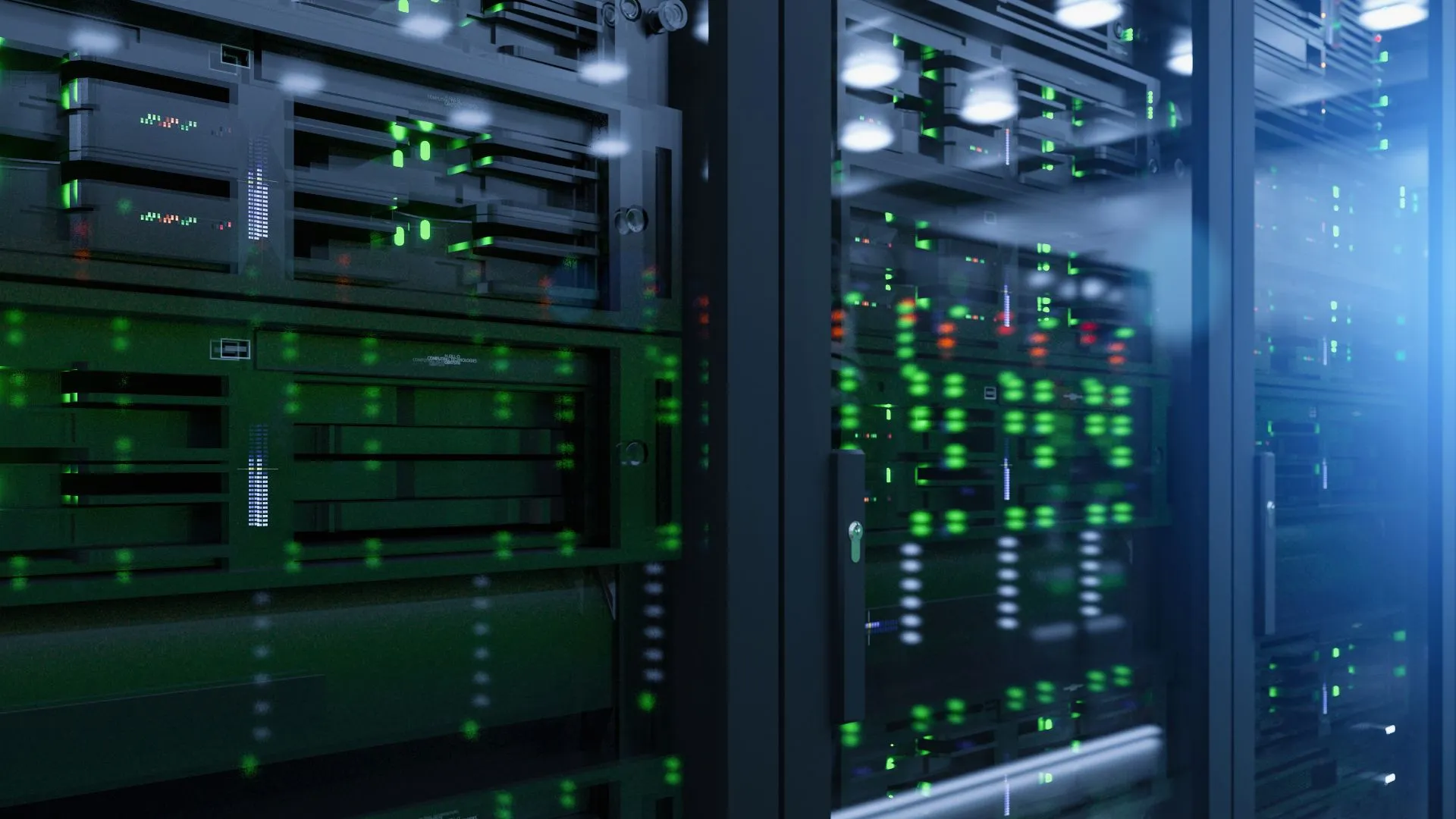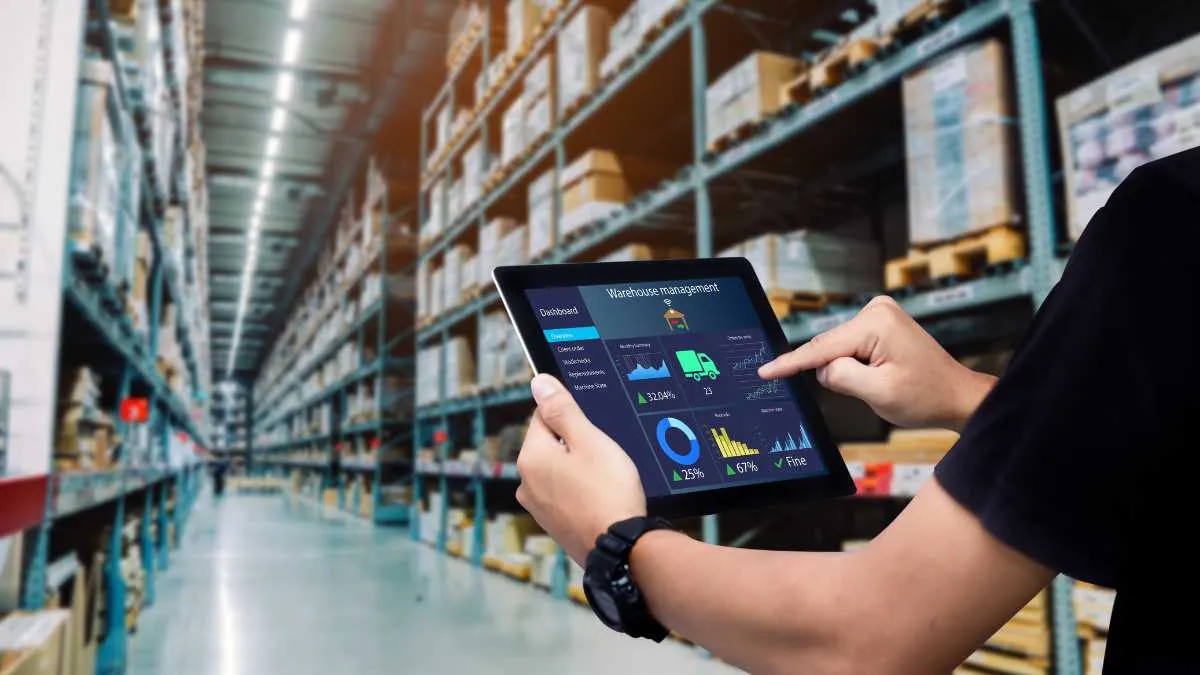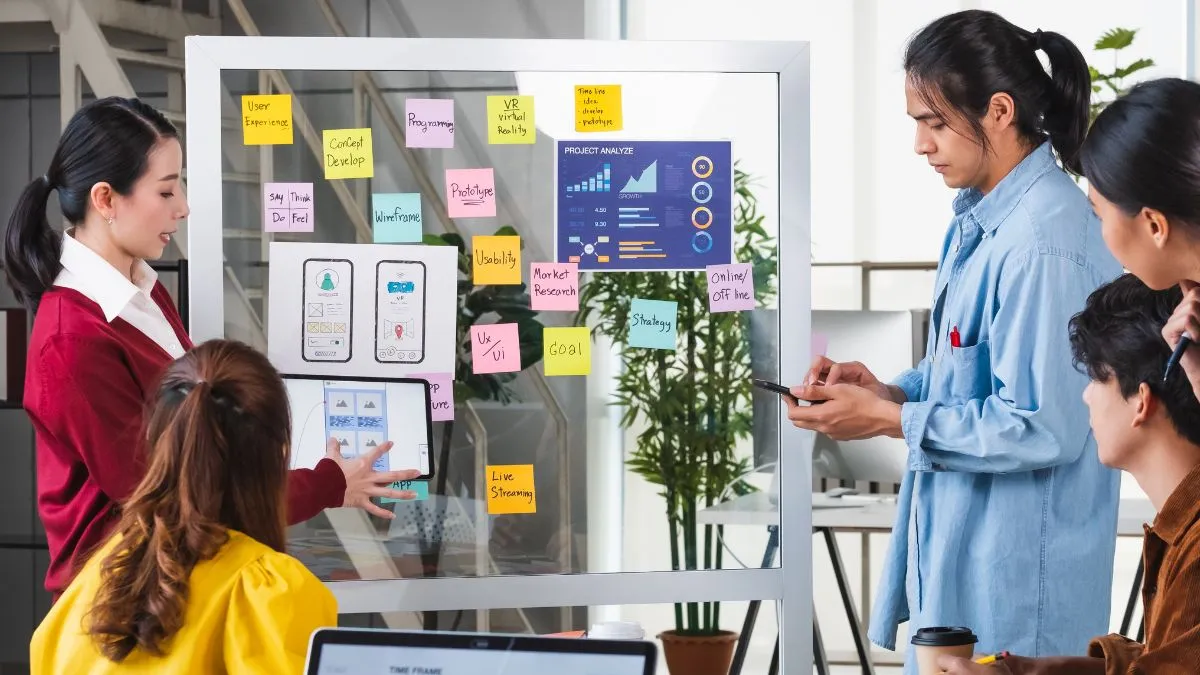Top 10 Best Retail POS Systems & Software Solutions for Small and Medium Businesses
Choosing the right POS software is important for businesses looking to streamline sales, manage inventory efficiently, and enhance customer service. Each system is tailored to specific needs, from retail to restaurants, so finding the perfect match is key.
In this guide, we’ll dive into the top 10 POS software solutions, focusing on their standout features to help you select the best one for your business.
If you want to choose the best POS system that aligns with your operational requirements and ambitions, you should start by having your needs professionally evaluated.
Our POS experts at Euvic can help you find POS software that meets your current needs and is scalable for future expansion. With 6000+ experienced IT professionals and over 100 managed expert teams, we’re well-equipped to take on your POS system setup, integration, or migration project. Learn more about us or see our client cases.
Let’s jump right in:
Our top 10 choices for small and medium-sized businesses:
- Square: Best for Small Businesses and Mobile Use
- Shopify POS: Best for E-commerce Integration
- Toast: Best for Restaurants and Food Service
- Lightspeed Retail: Best for Inventory Management
- Erply: Best for Multi-Outlet Retail
- Clover: Best for Customization
- Revel Systems: Best for Feature Richness
- Oracle MICROS: Best for Enterprise-Level Hospitality
- Zoho POS: Best for Accounting Integration
- Aloha POS: Best for Quick-Service and Full-Service Restaurants
Why Your Business Needs POS Software
Point of sale (POS) software can benefit businesses of all types and sizes. From small cafes to large retail chains, POS systems streamline operations, enhance customer experience, and provide valuable insights into business performance.
For instance, a small boutique can use POS software to manage real-time inventory. Large restaurant chains can leverage it for table management and accelerating the payment process.
Real-life examples include Starbucks, which uses advanced POS systems to speed up orders and payments. Another example is Walmart, which employs sophisticated POS solutions for inventory management and self-checkout services.
The 10 Best POS Software Solutions for SMEs
Whether you’re a small boutique, a bustling restaurant, or a multi-outlet retail chain, the right POS software can make operations efficient and keep customers happy. Below, we explore the top 10 POS software solutions, each selected for its standout features in addressing specific business requirements.
1. Square: Best for Small Businesses and Mobile Use
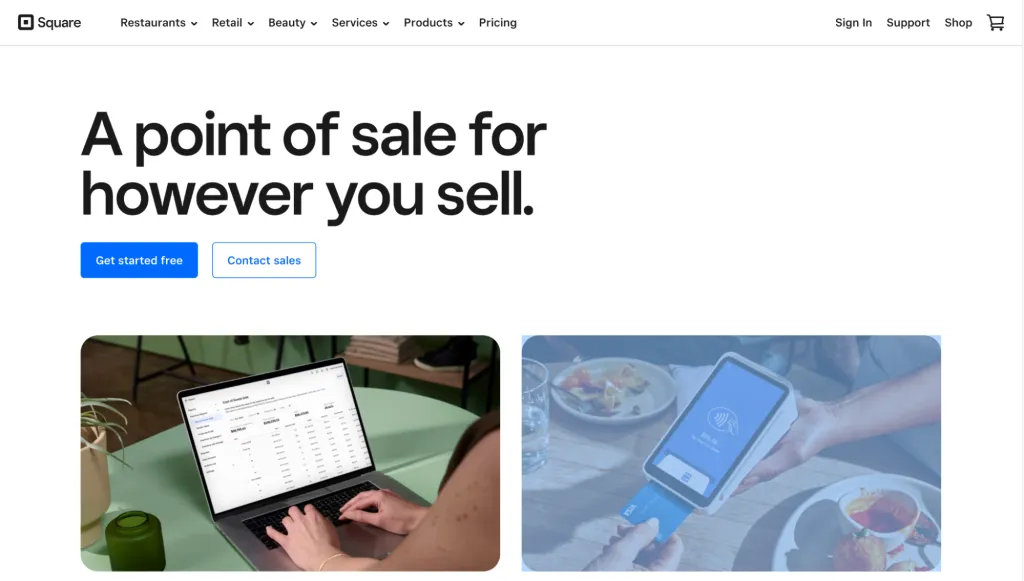
Square simplifies the sales process for small businesses and mobile vendors. Its intuitive interface includes payment processing, inventory tracking, and customer management, all of which are important for small businesses looking to scale. Square POS is mainly known for its ease of setup and use, making it a favorite among entrepreneurs who require mobility and minimal upfront cost.
Key features include contactless and mobile payments, comprehensive sales analytics, offline mode capabilities, and a versatile app marketplace allowing businesses to add functionalities.
Pricing: Square offers a no-monthly-fees option for its basic plan, with transaction fees set at 2.6% + 10¢ for swiped card transactions.
Pros:
- Easy to set up and use
- No monthly fees for the basic plan
- Extensive analytics and app marketplace
Cons:
- Transaction fees add up for businesses with high sales volume
Ideal For: Entrepreneurs, small retail shops, pop-up stores, and service providers looking for a flexible, cost-effective POS solution.
2. Shopify POS: Best for E-commerce Integration
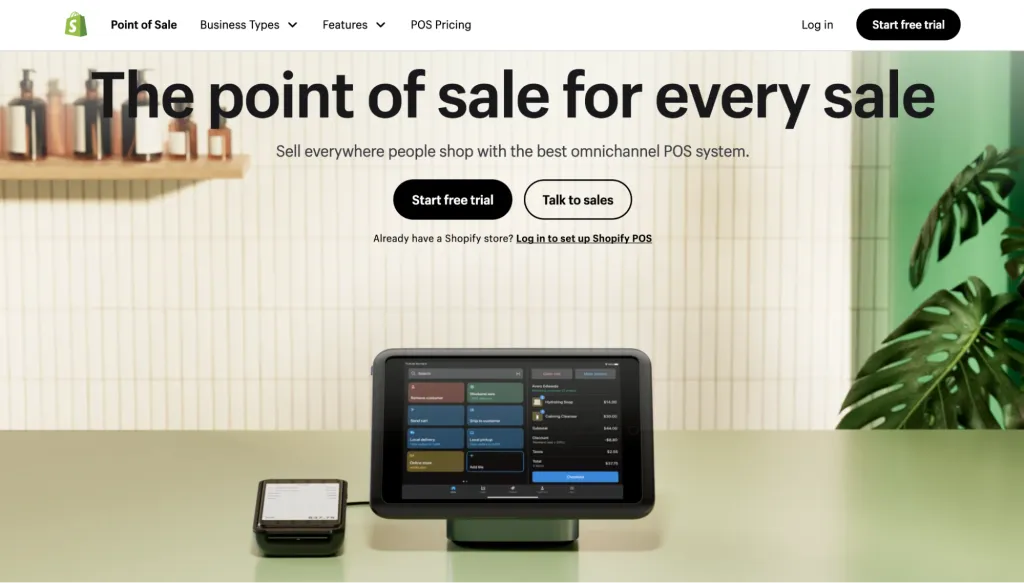
Shopify POS is designed for retailers who manage both online and brick-and-mortar stores. Since it’s offered by Shopify, you’ll get seamless integration with Shopify’s e-commerce platform. This system ensures consistency across all sales channels, simplifying inventory and customer management.
The platform features real-time inventory management, unified customer profiles across online and offline channels, and extensive integration options with the Shopify ecosystem.
Pricing: The Basic Shopify plan starts at $29/month. Additional POS features and capabilities are available with higher-tier plans.
Pros:
- Seamless e-commerce integration
- Centralized management of sales, inventory, and customers
- Scalable with business growth
Cons:
- Costs can escalate with plan upgrades and add-ons
Ideal For: Retailers operating in online and physical realms, looking for a unified system to streamline operations.
3. Toast: Best for Restaurants and Food Service

Toast is specifically built for the food service industry, with features that cater to the needs of restaurants, cafes, and bars. Its comprehensive solution includes tableside ordering, kitchen management, and integrated online ordering. These are all aimed at enhancing efficiency and customer service.
Its standout features are tableside ordering capabilities and a kitchen display system, which streamlines communication between the front of the house and kitchen staff. It also features built-in online ordering and delivery options to expand service channels.
Pricing: Toast offers cloud-based POS software starting at $69/month and custom pricing tailored to the specific needs and size of the food service establishment.
Pros:
- Tailored for food service operations with specific functionalities
- Integrated online ordering and delivery capabilities
- Robust support and training resources
Cons:
- Custom pricing can vary and potentially become expensive
- Initial setup and hardware costs may be higher than some competitors
Ideal For: Food service businesses such as restaurants, cafes, and bars looking for a POS system that can manage the complexities of their operations while improving efficiency and customer experience.
4. Lightspeed Retail: Best for Inventory Management
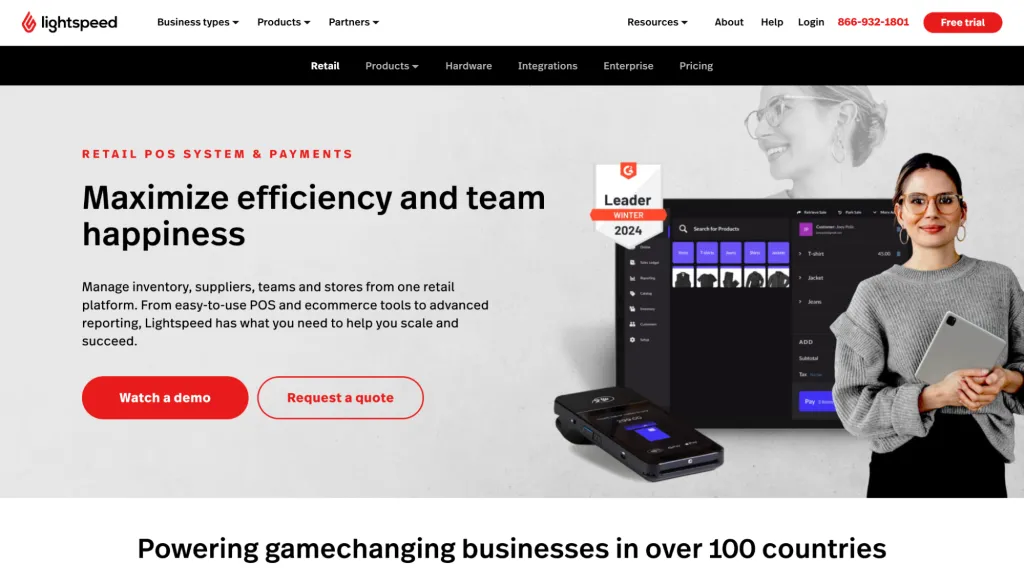
Lightspeed Retail is designed for businesses that require advanced inventory management capabilities. Its platform suits retailers with extensive product lines or those managing multiple locations. It offers detailed tracking and analytics to optimize stock levels and sales strategies.
Lightspeed’s inventory management system is highly detailed and allows tracking across multiple locations. Some of its features include integrating e-commerce and providing insights into sales trends and inventory performance. It also has additional perks, like customer management and detailed sales reporting.
Pricing: The basic plan starts at $139/month and includes core POS functionalities and inventory management. Higher-tier plans offer more advanced features and capabilities.
Pros:
- Comprehensive inventory management suitable for complex operations
- Scalable solutions that grow with your business
- Support for multi-store operations
Cons:
- Monthly fees increase with additional features and higher plans
- It may be more complex than necessary for smaller retail operations
Ideal For: Retail businesses with complex inventory needs, including those with multiple locations or a significant online presence, looking for a POS system to streamline inventory management and sales processes.
5. Erply: Best for Multi-Outlet Retail
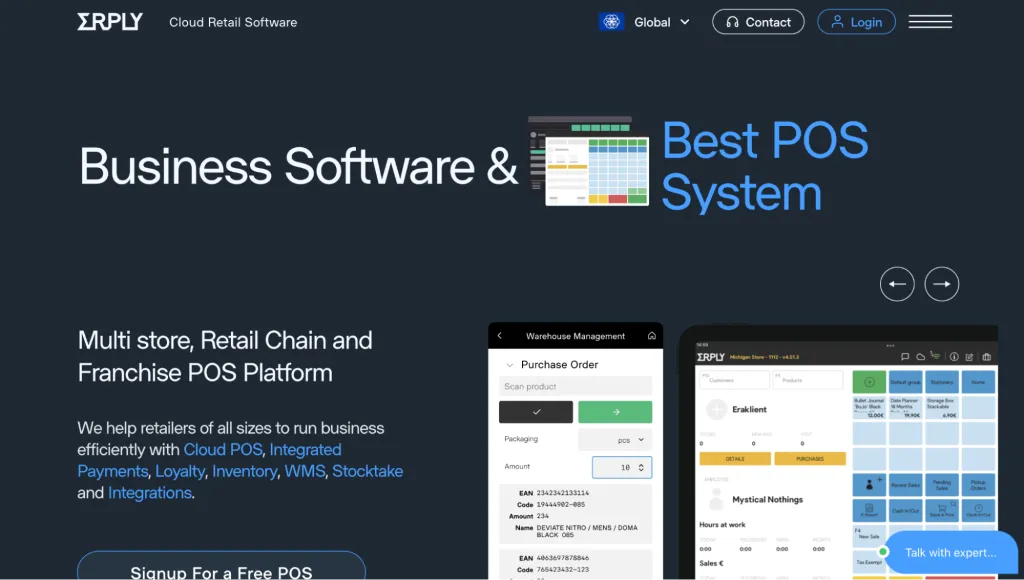
Erply is a versatile POS solution designed for retail businesses with multiple outlets. It provides a robust platform for managing inventory, customers, and sales. This way, you can have uniformity and efficiency across all locations.
Erply’s features include real-time inventory management, CRM, detailed sales reporting, and a powerful API for easy integration with other business tools. It also offers capabilities for employee management and a loyalty program.
Pricing: Erply offers customized pricing for multi-outlet retail businesses. The basic plan starts at $69/month.
Pros:
- Comprehensive management features for multiple retail outlets
- Real-time access to data with cloud-based operations
- Extensive integration capabilities for a seamless tech stack
Cons:
- Custom pricing means businesses need to contact for quotes
- The wide array of features may require a learning curve for new users
Ideal For: Retail businesses with multiple locations looking for a scalable, feature-rich POS system that provides centralized control over operations and real-time data access for informed decision-making.
6. Clover: Best for Customization
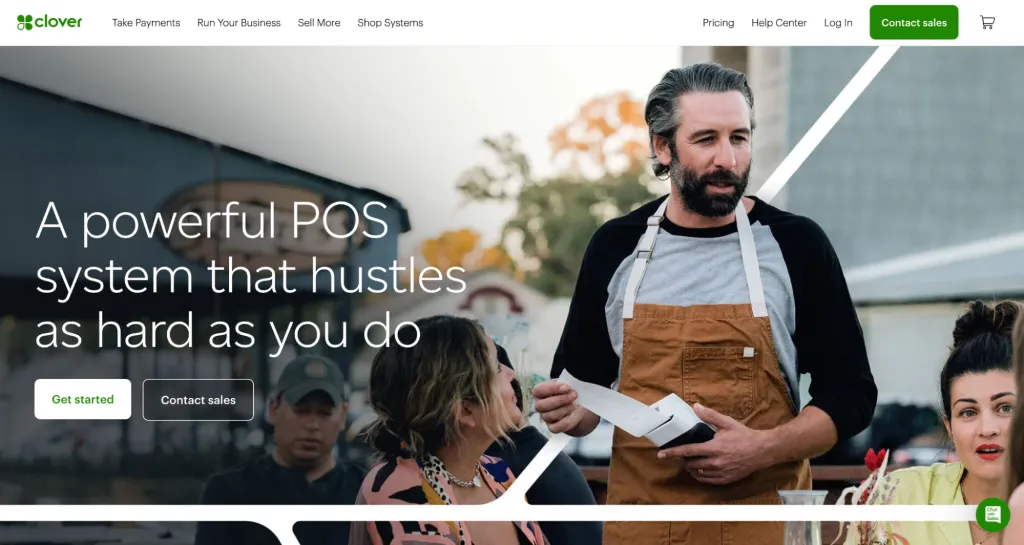
Clover offers a highly customizable POS system that serves various businesses, from retail to restaurants. Its platform stands out for the flexibility it offers through its extensive app market. This customization allows your business to tailor the system to your specific needs.
Clover’s key features include customizable hardware options, a vast app marketplace for functionality extensions, and integrated payment processing. It also supports online ordering, customer loyalty programs, and inventory management.
Pricing: Clover’s pricing structure includes hardware costs starting at around $69 for mobile hardware and software subscriptions beginning at $14.95 per month. Transaction fees are competitive, starting at 2.3% + 10¢ per transaction.
Pros:
- A high degree of customization through apps and hardware
- All-in-one system with built-in payment processing
- User-friendly interface and setup
Cons:
- Initial hardware purchase can be a significant upfront cost
- Monthly fees can accumulate with additional apps and services
Ideal For: Businesses of all sizes looking for a POS system that can be precisely tailored to their operations, especially those valuing the flexibility to adapt and expand their system’s capabilities over time.
7. Revel Systems: Best for Feature Richness
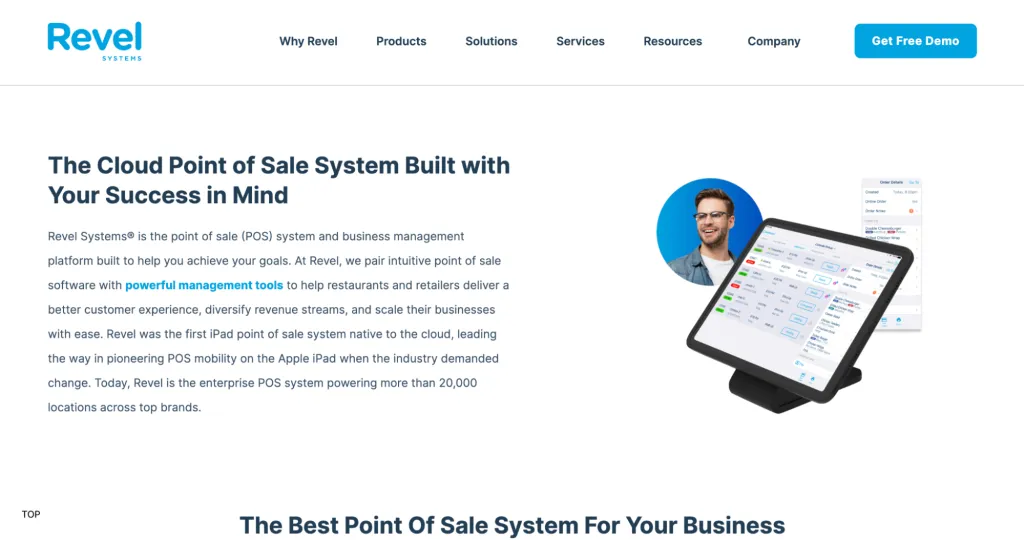
Revel Systems offers a feature-rich POS platform that’s the best for many businesses, from restaurants to retail. Its backend system is specifically designed to scale businesses with rising operational needs.
Standout features include an intuitive user interface, detailed inventory management, customer relationship management (CRM), and integrated online ordering. It also comes with a suite of reporting and analytics tools.
Pricing: Revel Systems’s starting price point is around $99 per month, per terminal, with custom pricing available for additional features and services. This plan includes 24/7 customer support and cloud-based data storage.
Pros:
- A comprehensive set of in-depth business management features
- Scalable solution that grows with your business
- Strong support and training resources
Cons:
- Higher starting price point compared to some competitors
- The complexity of the system might require a steeper learning curve
Ideal For: Mid to large-sized businesses in need of a comprehensive, feature-rich POS system that provides detailed control over various aspects of their operations and the ability to scale.
8. Oracle MICROS: Best for Enterprise-Level Hospitality
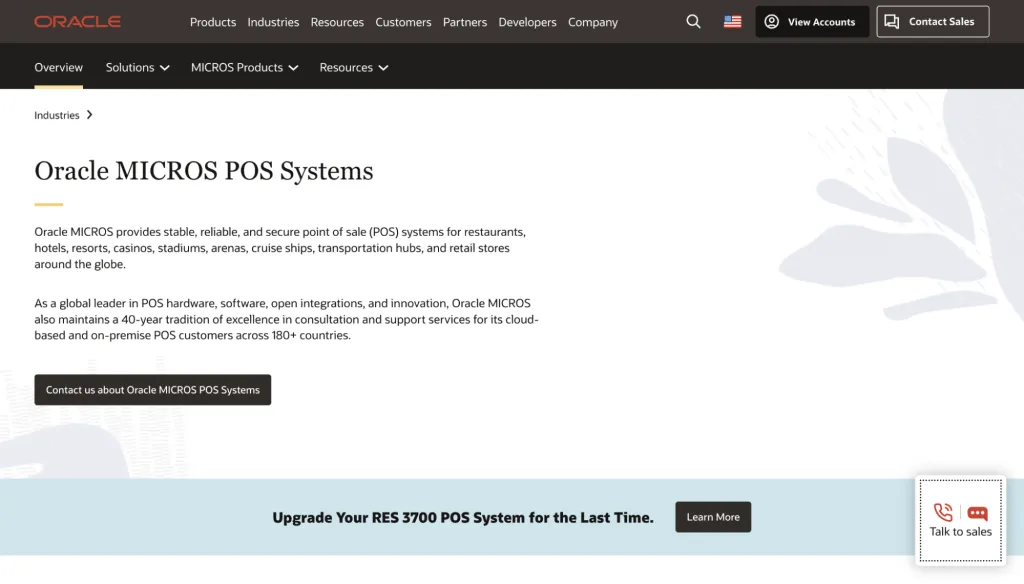
Oracle MICROS is tailored for the complex hospitality industry businesses, such as restaurants, hotels, and entertainment venues. It offers great functionality designed to manage everything from reservations to inventory, all within a single system.
Features include advanced table management, reservation system integration, detailed reporting, and analytics. Its comprehensive inventory management also stands out as one of the best in the market. Oracle MICROS also excels in multi-property management and scalability.
Pricing: Pricing is custom based on the specific needs and scale of the operation. The transaction fees start at 3.15% + 30¢ per transaction
Pros:
- Extensive features tailored for the hospitality industry
- Scalable for businesses of all sizes, including multi-property operations
- Strong global support network
Cons:
- Custom pricing can lead to higher costs
- The complexity of the system might require more extensive training
Ideal For: Large restaurants, hotel chains, and other hospitality businesses that require a powerful, scalable POS system to manage complex, multi-faceted operations.
9. Zoho POS: Best for Accounting Integration
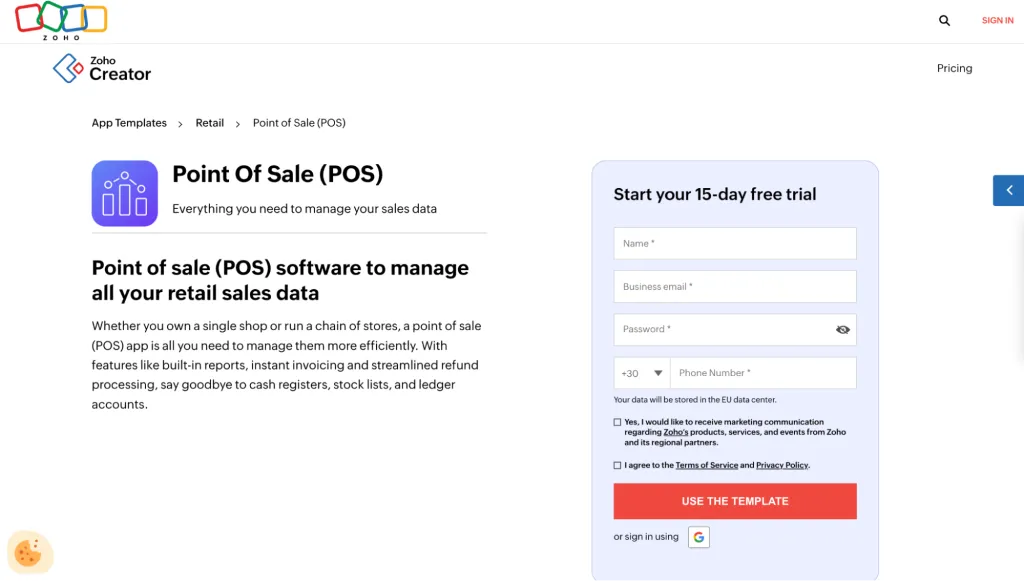
Zoho POS is tailored for small to medium-sized retail businesses, offering seamless integration with Zoho Books, the accounting software in the Zoho suite. This integration streamlines financial management by synchronizing sales, inventory, and customer data with your accounting records.
Zoho POS includes robust inventory management, sales tracking, customer relationship management, barcode scanning, and receipt printing capabilities. These features work together to enhance the efficiency and accuracy of retail operations.
Pricing: Zoho POS operates on a subscription model, with monthly plans starting from $50. This plan includes access to Zoho Books integration and other Zoho ecosystem apps. There are no initial purchase costs, making it accessible for businesses looking for a subscription-based solution.
Pros:
- Direct integration with Zoho Books for streamlined accounting
- Comprehensive retail management features
- The subscription model eliminates high upfront costs
Cons:
- Monthly subscription fees may add up over time
- Focused on retail, with limited features for restaurants or service industries
Ideal For: Retail businesses searching for a POS system that offers tight integration with accounting software, facilitating streamlined financial processes and reducing the need for manual data entry.
10. Aloha POS: Best for Quick-Service and Full-Service Restaurants
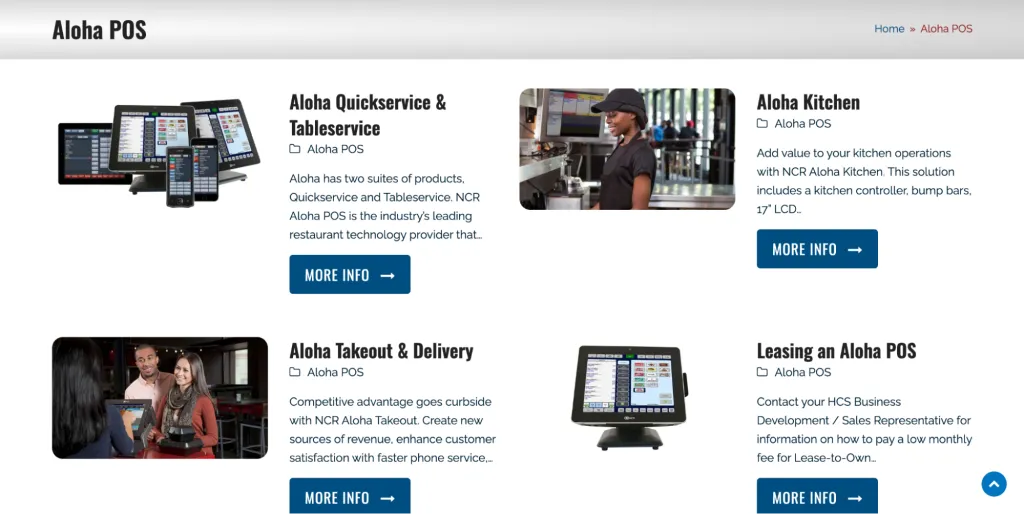
Aloha POS, by NCR, is a leading POS solution designed specifically for the restaurant industry, including quick-service and full-service establishments. It offers robust features to improve operational efficiency and enhance the customer dining experience.
Its key features include tableside ordering, payment processing, kitchen production management, detailed sales analytics, and loyalty program integration. Aloha also offers mobile solutions for order taking and payment to enhance table service.
Pricing: Pricing is based on custom quotes tailored to the restaurant’s specific needs. The starting rates are reportedly 2.6% + 10¢ per transaction, with a monthly fee of $65.
Pros:
- Comprehensive feature set tailored to restaurant operations
- Supports both quick-service and full-service establishments
- Strong reputation for reliability and customer support
Cons:
- Custom pricing requires consultation for details
- Some features may require additional investment in hardware
Ideal For: Quick-service and full-service restaurants looking for a reliable, comprehensive POS system that can streamline operations, improve customer service, and grow with the business.
The Benefits of POS Systems for Your Business
Implementing a Point of Sale (POS) system offers many advantages to help you transform how your business operates. POS systems can improve efficiency, enhance customer experience, and increase profitability. Here are some of the key benefits:
- Integrated E-commerce: Many POS systems allow seamless integration with e-commerce platforms. With these integrations, you can achieve more consistency in inventory, pricing, and customer experience across all sales channels.
- Enhanced Customer Insights: POS systems can collect and analyze customer data, offering insights into purchasing habits and preferences. You can use this information to tailor marketing efforts, personalize customer interactions, and drive repeat business.
- Improved Employee Management: With built-in time tracking and employee management features, POS systems can simplify employee-related operations. That way, you can optimize your workforce and reduce administrative overhead.
- Flexible Payment Solutions: Modern POS systems support various payment methods, including mobile payments, contactless payments, and EMV chip cards. These cater to customer preferences and ensure a smoother checkout experience.
- Reduced Errors: By automating various tasks such as order taking, inventory counting, and financial calculations, POS systems significantly reduce the likelihood of human error. This automation results in accuracy and consistency in business operations.
- Sustainability: Digital receipts and cloud-based record-keeping reduce the need for paper, contributing to environmentally friendly business practices.
Cloud-Based vs. On-Premise POS Systems
Choosing between cloud-based and on-premise POS systems is a critical decision for businesses. Consider legacy system modernization if you’re already using a POS lacking functionality. Each POS has its own set of advantages, which are summarized below:
Cloud-Based POS Solutions
- Initial Cost: Lower, with subscription-based pricing
- Data Access: Accessible from anywhere with an internet connection
- Updates and Maintenance: Automatically updated by the provider
- Data Security: Dependent on the provider’s security measures
- Scalability: Easily scalable with business growth
- Internet Dependency: Requires a stable internet connection
- Customization: May be limited by the platform’s offerings
On-Premise POS Solutions
- Initial Cost: Higher due to upfront hardware and software costs
- Data Access: Limited to the physical location of the system
- Updates and Maintenance: Requires manual updates and maintenance
- Data Security: Under the business’s control, but requires robust security measures
- Scalability: May require significant upgrades or new installations
- Internet Dependency: Operates independently of internet connectivity
- Customization: Can be highly customized to fit specific business needs
How to Choose the Right POS Software for Your Business
Selecting the right POS software requires understanding your business needs and evaluating how different systems can support your objectives. Here are some of the factors that you’ll need to look for:
- Inventory Management: Effective inventory management helps minimize waste and boost profits, with POS software enabling you to track stock and sales trend insights in real-time.
- Sales Reporting and Analytics: Insightful sales reporting and analytics from POS software allow you to understand performance, make data-driven decisions, and identify growth opportunities.
- Loyalty Programs: POS software with loyalty program management enhances customer retention and sales by tracking and rewarding repeat business efficiently.
- Customer Relationship Management (CRM): Integrating CRM into POS systems improves your understanding of customer preferences, personalizes marketing, and boosts satisfaction and relationships.
- Employee Management: POS software’s employee management features streamline scheduling, tracking, and payroll, improving accountability and operational efficiency in multi-employee settings.
- Payment Processing: Modern POS systems facilitate smooth checkout with various payment methods, catering to customer preferences and accelerating service for satisfaction.
What Else to Consider When Choosing POS Software
A well-chosen POS system can become the backbone of your operations, streamlining processes and enhancing customer service. Here’s what you’ll need to consider:
- Integrations and Compatibility: The best POS software integrates seamlessly with existing tools, streamlining operations and reducing manual errors to save time. Learn more about system integration methods and our framework.
- User Interface and Usability: User-friendly POS interfaces enable quick learning and efficient use, minimizing training time and boosting productivity in daily operations.
- Security Features: POS security is crucial, requiring robust encryption, fraud prevention, and compliance standards to protect data and maintain trust.
- Customer Support and Service: Choose POS software with responsive customer support, offering 24/7 assistance, training, and updates for smooth operations.
- Scalability: Your POS system should scale with your business, efficiently supporting new locations, users, and higher transaction volumes.
Frequently Asked Questions about POS Software
What Features Should I Look for In a POS system?
Look for key features like inventory management, sales reporting, customer relationship management (CRM), and payment processing. Essential elements include ease of use, integration capabilities with other business tools, and scalability to grow your business. These features ensure a versatile, efficient operation and enhanced customer experience.
How Much Does a Good POS System Cost?
The cost of a good POS system varies widely depending on features, scalability, and whether it’s cloud-based or on-premise. Expect monthly fees for cloud-based services ranging from $30 to $100+ per terminal. On-premise systems might have higher upfront costs, typically ranging from $1,000 to $3,000, excluding hardware.
Can I Use a POS System for Online Sales?
Yes, many modern POS systems are designed to integrate with e-commerce platforms, allowing businesses to manage online and in-store sales from one system. This integration facilitates unified inventory management, consistent pricing, and a coherent customer experience across all sales channels.
Conclusion – We Can Help You Make The Right Choice
Selecting the right POS system is crucial for businesses aiming to modernize their operations and enhance customer service. This guide looked at 10 of the best POS software solutions, each offering unique strengths tailored to different business needs.
Looking for the perfect POS system for your business? Euvic can help you navigate the options, ensuring you find a solution that fits your unique needs and supports your growth. Contact us today to streamline your operations with the ideal POS software.
Euvic is a competitive advantage for us. The technical excellence that Euvic has brought is not easily matched and their support has become integral to our growth strategy.

Euvic is a competitive advantage for us. The technical excellence that Euvic has brought is not easily matched and their support has become integral to our growth strategy.

Euvic is a competitive advantage for us. The technical excellence that Euvic has brought is not easily matched and their support has become integral to our growth strategy.

Talk to Your Local Euvic Team









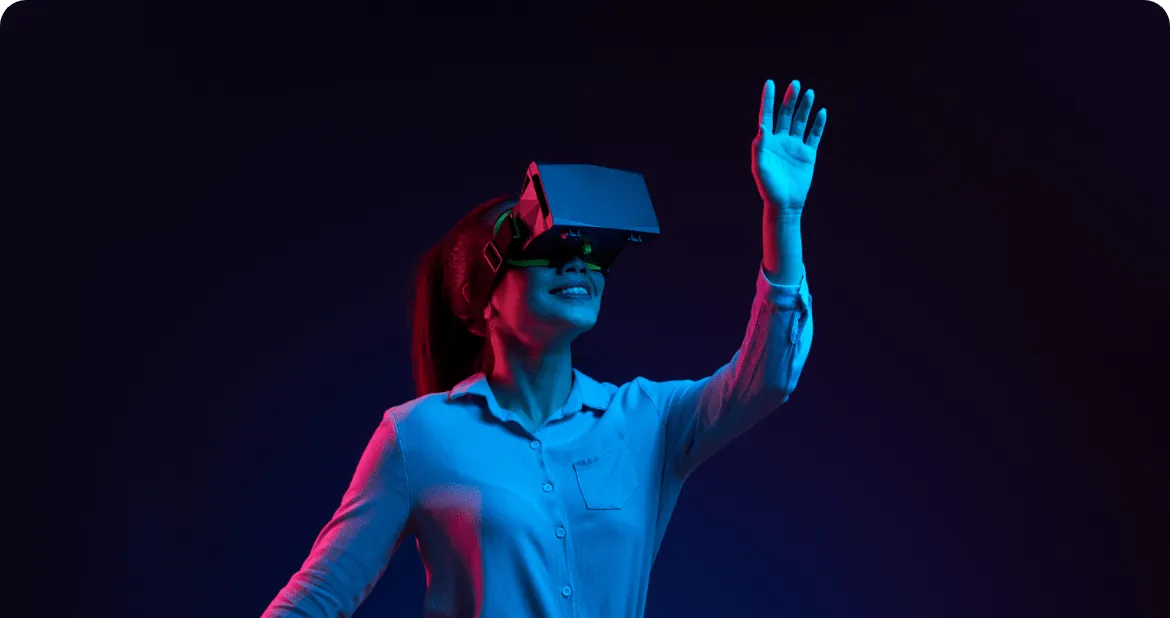






.webp)










